L’European Union made an epochal decision, announcing the ban on car sales endothermic by 2035. This strategic move aims to drive the adoption of a zero emissionsembracing the electric cars and saying goodbye to fossil fuels. Something that even the text recently approved to COP 28 wants to obtain: a fundamental commitment to contain the damage caused by climate change. But the switching to electric vehicles is not at all a given: There are several question marks to resolve.
Electric cars: why the energy transition is NOT a given
The transition to electric vehicles arises from a real and important need. Our planet’s climate is changing rapidly due to pollution produced by fossil fuels. And the 15% dhe total CO2 emissions in Europe come from the automotive sectorwhich contributes to 25% of the overall weight of emissions generated on our continent by the transport sector.
This change of course has consequences global reachhighlighting a complex intersection between the sphere geopolitics is that economical. In other words, if from a scientific point of view there is no doubt that vigorous intervention is needed to limit the damage that pollution causes to the planet, the path to take is complex. And especially in the automotive sector, controversial.
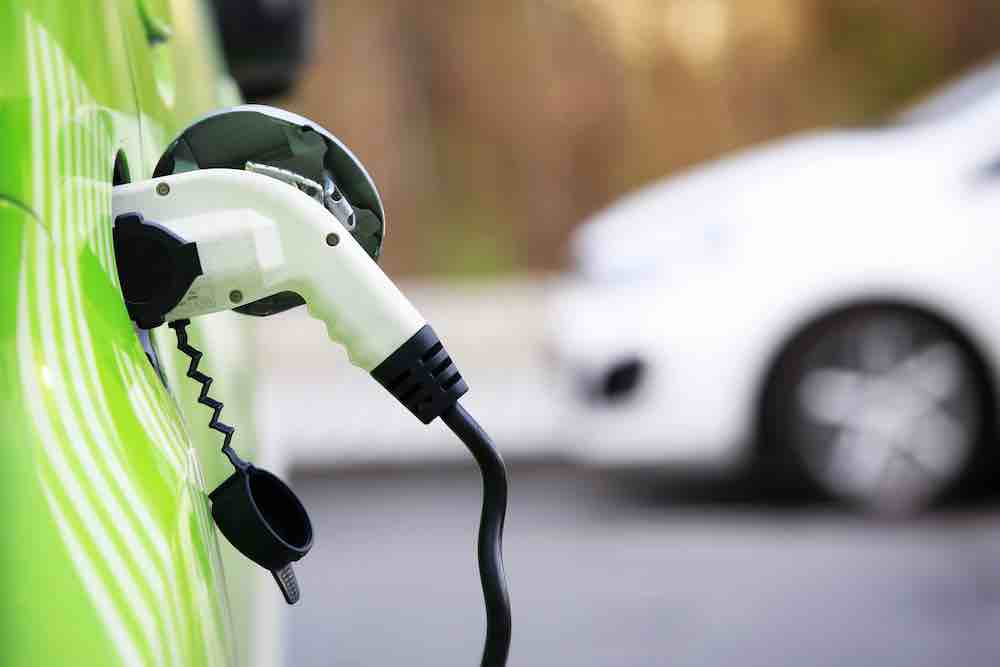
Is a radical transformation like the one requested by Europe feasible? To manage to completely revamp an industry with over 100 years of history it’s not simple at all. The latest positive data speaks of 22% of new electric registrations. But petrol, diesel, LPG or methane vehicles in circulation are still the vast majority.
Furthermore, there is the real question of whether it can be rendered also the emission-free production process. Which requires a major investment in battery production – where Europe does not shine as well as in the automotive sector.
The crucial role of batteries in the energy transition
You can’t talk about electric cars without arguing of batteries and their charging method. In fact, if we have seen that electric motors can compete and even surpass internal combustion engines in various performances, battery life has long been the main limit. But it’s not just about the technical problems: the real risk concerns the supply of resources.
Fossil fuels will not be part of our future. Il document signed at COP 28the international climate assembly, has established the need for a “transition” from fossil sources in energy systems. Although climate activists wanted to use the word “phase out” (a phase-out), a compromise was reached on “transictiong away” (transition). The United Nations has set itself a target of 2050 for the entire economic fabric, but in Europe the automotive sector will have to run and close by 2035.
The use of fossil fuels in vehicles polluted both during extraction and during consumption. Furthermore, it gave strong geopolitical leverage to producing countries, which more than once raised the price of oil for strategic reasons. But batteries also have different types of problems.
Problems in battery production
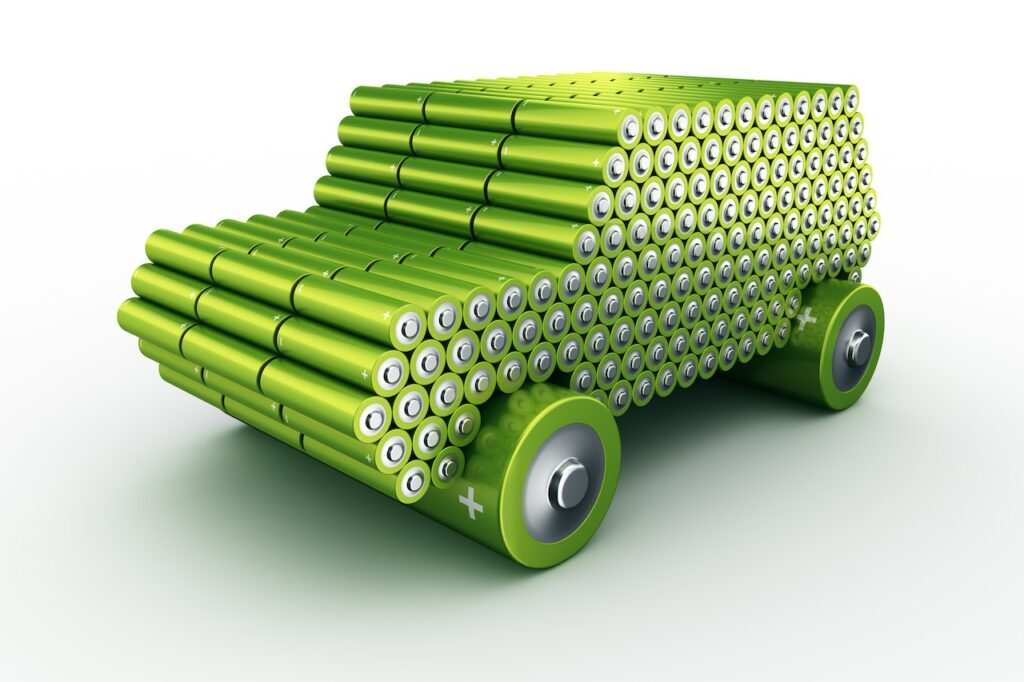
Battery production requires materials such as lithium, cobalt e terre rare, difficult to extract and highly polluting if not disposed of correctly. At the moment, the Chinese holds a leading position in their availability: not only does it have internal resources, but several Chinese corporations dig mines in different parts of the world, as in Congo, the first producer in the world.
With tensions between the West and China growingfinding new sources of supply becomes imperative. Also because current resources will not be sufficient to satisfy the growing demand of the industry automotive and electronics.
Some of these materials, such as cobalt, could be effectively recycled: but this process is not always easy to put into practice. And we are quite behind in implementing it: the electronics disposal programs and those of car dealers are not enough at the moment. It must be said, however, that numerous companies are investing in the expansion of knowledge and technologies for recycling these materials. But we have to hurry if we want to sell only zero-emission cars from 2035.
Furthermore, there is the economic factor. In Europe, the expertise in car manufacturing does not automatically translate into the ability to efficiently produce batteries. This affected the high cost of electric cars, especially on our continent. Which still makes them a luxury for many drivers. Without even taking into account the dependence on China for the supply of crucial technologies.
Electric cars in 2035: the question of charging

A second critical point concerns thecharging infrastructure. Although there are approx 45,000 charging points in Italythe creation and expansion of such a network requires considerable effort, especially considering the imminent deadline of 2035. Not so much for the queues at public charging stations (even if not all of us will be able to recharge them at home easily). But above all for how the electricity grid will be able to withstand the massive transition to electric cars.
By charging at home, many will eventually be able to take advantage of photovoltaic systems. But we need a national and European plan to switch to alternative energy production technologies as soon as possible. Wind, hydroelectric, solar, geothermal and not only that: we should invest in these technologies so as not to “shift” the problem of carbon emissions to the power plant, instead of to the exhaust pipe. And in our country, which last year produced only 31.1% of national consumption with renewable sources, this is a problem that should not be underestimated.
The complex road towards eliminating emissions
The transition to electric cars is a path full of challenges for governments, industries and citizens. This doesn’t mean that it isn’t important to put it into practice, but we need to remind ourselves what the problem is: eliminate or reduce CO2 emissions as much as possible. Therefore, problems in battery production and charging distribution must also be addressed. And remain realistic even when talking about geopolitical balances and revolutions of entire industrial segments.
In this complex contextit becomes impossible to take a position as if it were football support. Europe’s decision will pose enormous challenges for the automotive industry, for electricity infrastructure and battery production, for governments – both on the economic and geopolitical fronts. Which will cause discussion about their effectiveness and economic impact. In short: the road will be complicated. And it therefore becomes even more important to keep the objective in mind: eliminate missions and stop climate change.






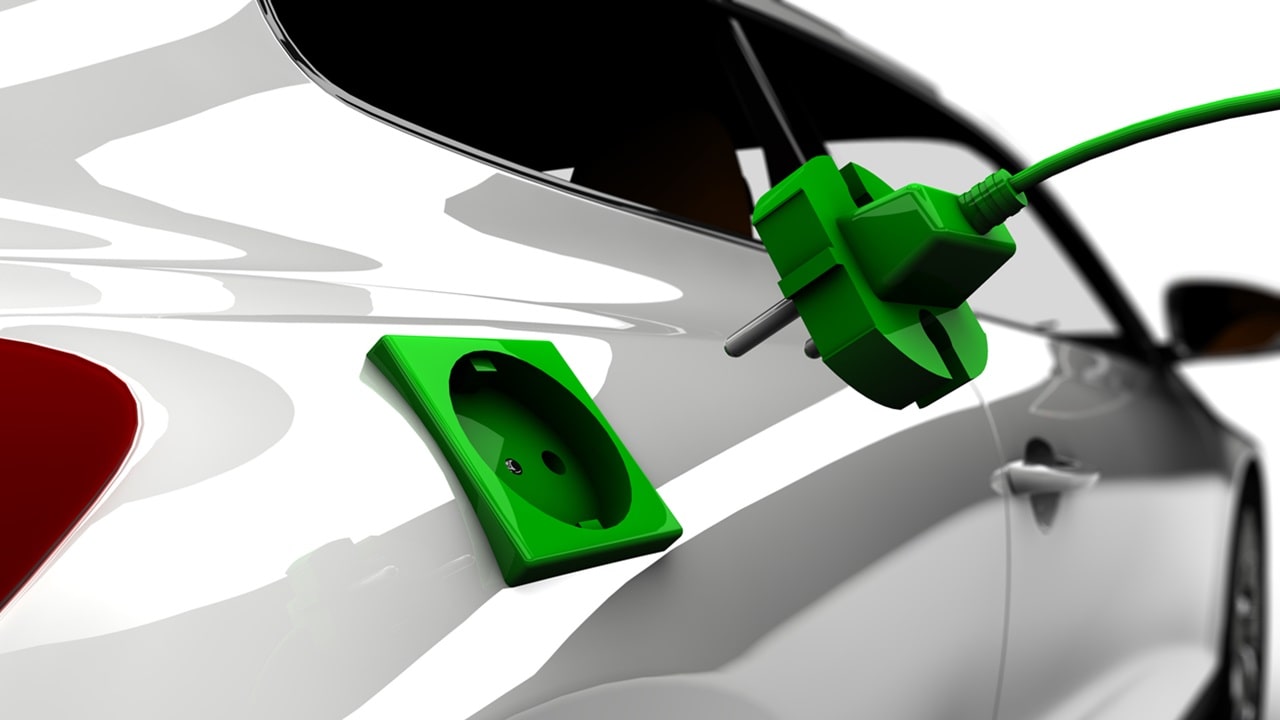





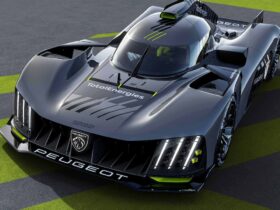
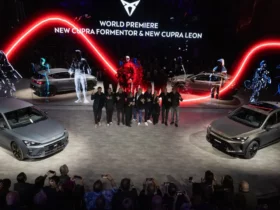


Leave a Reply
View Comments